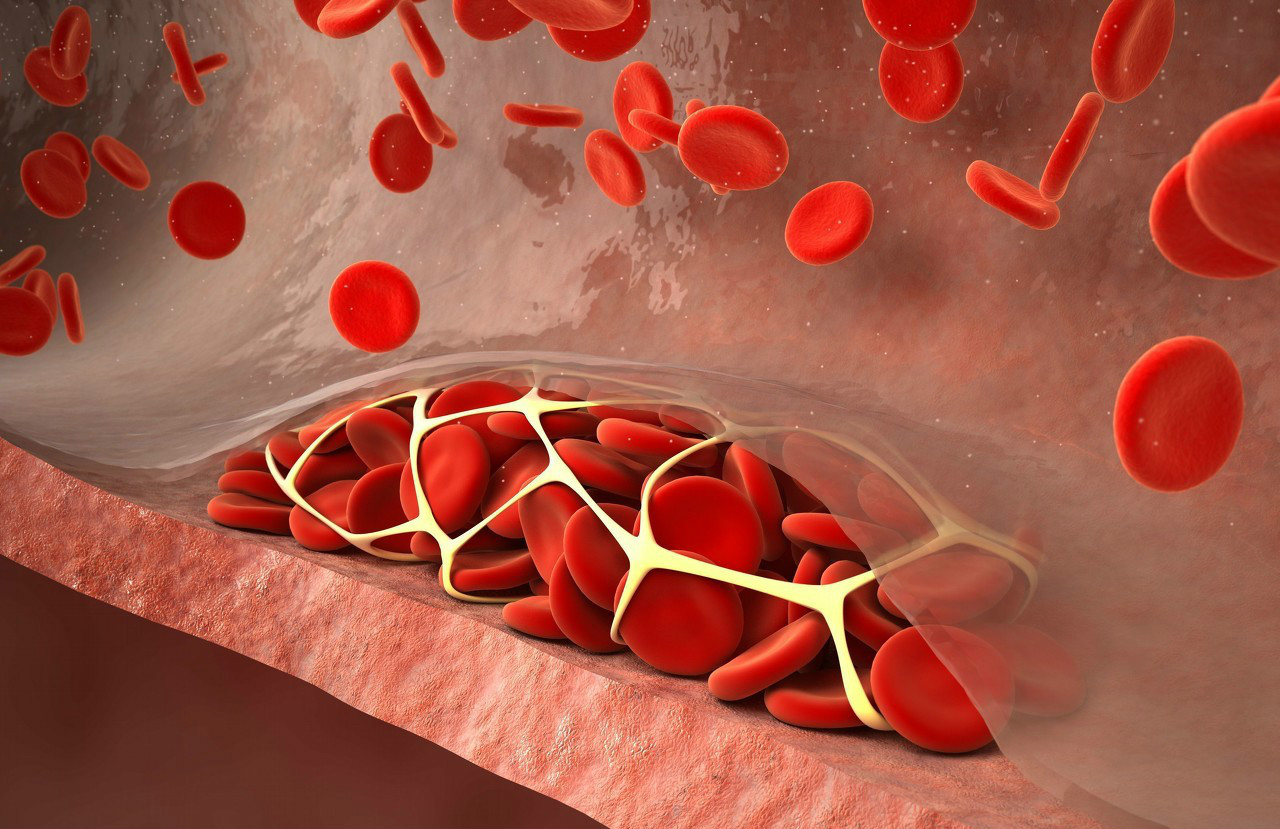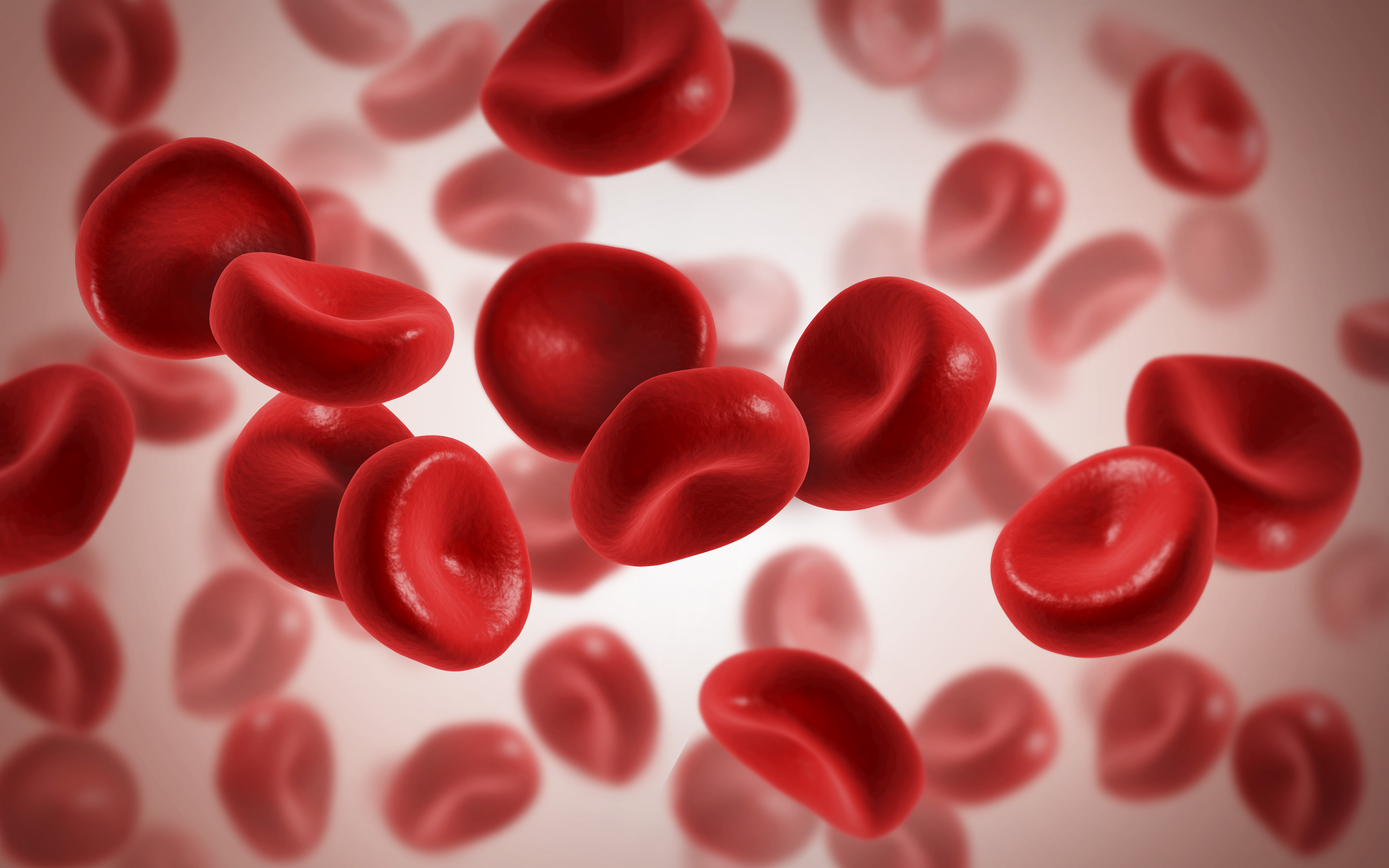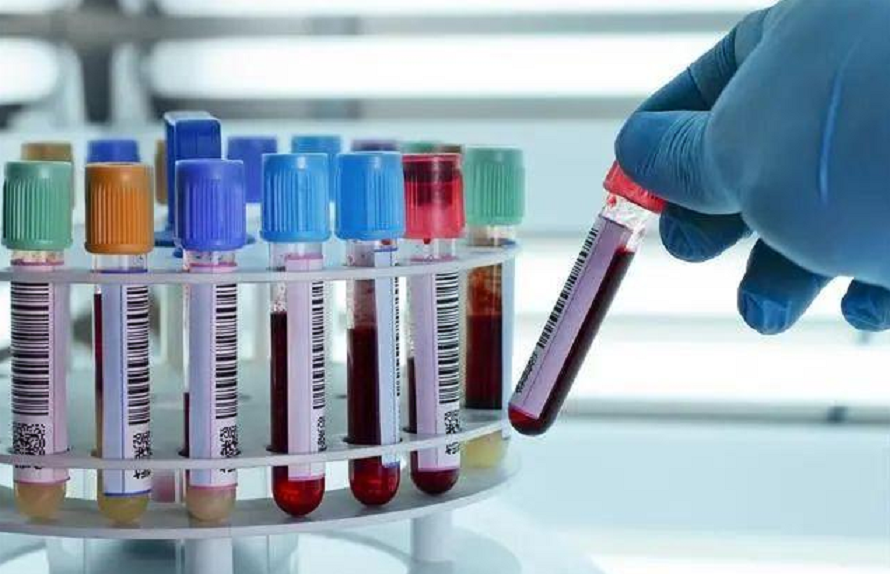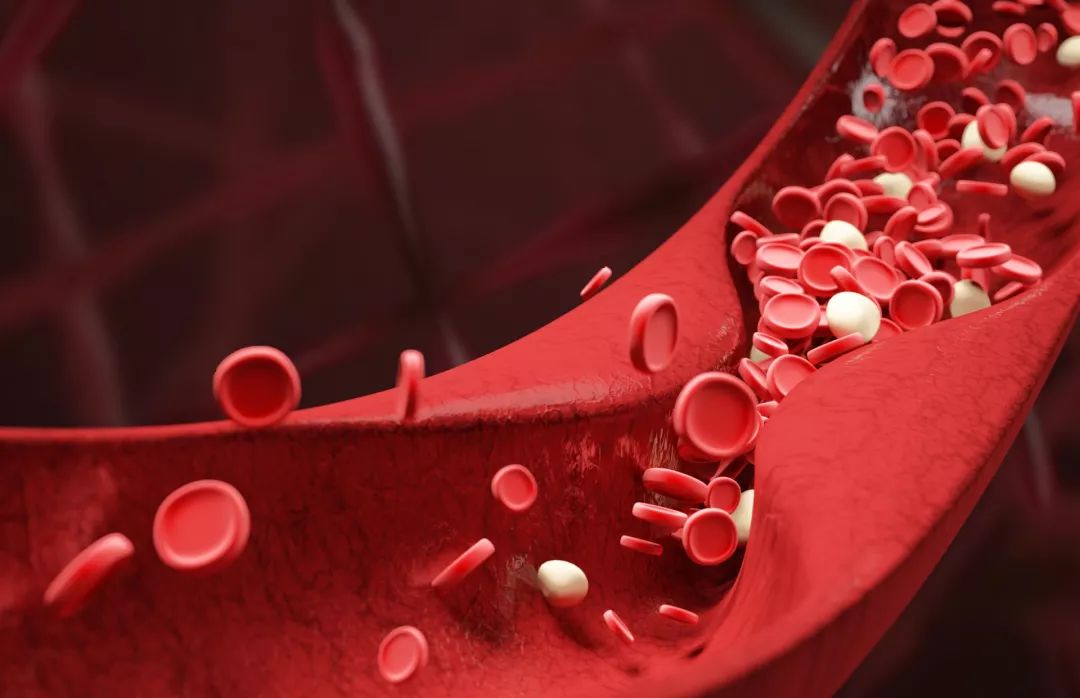-

What are the first signs of internal bleeding?
Internal bleeding can be a serious medical condition that requires immediate attention. This occurs when bleeding occurs within the body and can be difficult to detect without proper medical knowledge. Knowing the signs of internal bleeding is crucial for early detection...Read more -

SUCCEEDER ESR Analyzer SD-1000, Part Four
SUCCEEDER ESR Analyzer SD-1000, is a medical equipment used to measure blood sink and pressure. When purchasing the device, the following points need to be considered: 1. Equipment reliability and stability: Make sure that the equipment has good stability and reliability...Read more -

SUCCEEDER ESR Analyzer SD-1000, Part Three
SUCCEEDER ESR Analyzer SD-1000, is a medical equipment used to measure blood sink and pressure. When purchasing the device, you need to consider the following aspects: 1. Parameter requirements: According to the needs of different departments, you can choose equipment wi...Read more -

SUCCEEDER ESR Analyzer SD-1000, Part Two
The SD-1000 Tester of Sikhid's dynamic blood depression is a medical equipment used to measure blood sink and pressure. It has the following main functions: 1. Measurement of blood sink: Bloodlinking is a commonly used inflammatory indicator that can help doctors judge t...Read more -

SUCCEEDER ESR Analyzer SD-1000, Part One
SUCCEEDER ESR Analyzer SD-1000, is a medical equipment for measuring red blood cell settlement and pressure accumulation in the blood. It uses advanced technology and design to provide accurate and reliable test results to help doctors perform disease diagnosis and treat...Read more -

Does too thin blood make you tired?
Blood clotting is an important process that helps the body stop bleeding when injured. Coagulation is a complex process involving a series of chemicals and proteins that lead to the formation of a blood clot. However, when blood becomes too thin, it can cause a variety o...Read more

Download
My Order
 Login/Register
Login/Register
 Login/Register
Login/Register
- English
- French
- German
- Portuguese
- Spanish
- Russian
- Japanese
- Korean
- Arabic
- Irish
- Greek
- Turkish
- Italian
- Danish
- Romanian
- Indonesian
- Czech
- Afrikaans
- Swedish
- Polish
- Basque
- Catalan
- Esperanto
- Hindi
- Lao
- Albanian
- Amharic
- Armenian
- Azerbaijani
- Belarusian
- Bengali
- Bosnian
- Bulgarian
- Cebuano
- Chichewa
- Corsican
- Croatian
- Dutch
- Estonian
- Filipino
- Finnish
- Frisian
- Galician
- Georgian
- Gujarati
- Haitian
- Hausa
- Hawaiian
- Hebrew
- Hmong
- Hungarian
- Icelandic
- Igbo
- Javanese
- Kannada
- Kazakh
- Khmer
- Kurdish
- Kyrgyz
- Latin
- Latvian
- Lithuanian
- Luxembou..
- Macedonian
- Malagasy
- Malay
- Malayalam
- Maltese
- Maori
- Marathi
- Mongolian
- Burmese
- Nepali
- Norwegian
- Pashto
- Persian
- Punjabi
- Serbian
- Sesotho
- Sinhala
- Slovak
- Slovenian
- Somali
- Samoan
- Scots Gaelic
- Shona
- Sindhi
- Sundanese
- Swahili
- Tajik
- Tamil
- Telugu
- Thai
- Ukrainian
- Urdu
- Uzbek
- Vietnamese
- Welsh
- Xhosa
- Yiddish
- Yoruba
- Zulu
More Language






 Business card
Business card Chinese WeChat
Chinese WeChat English WeChat
English WeChat